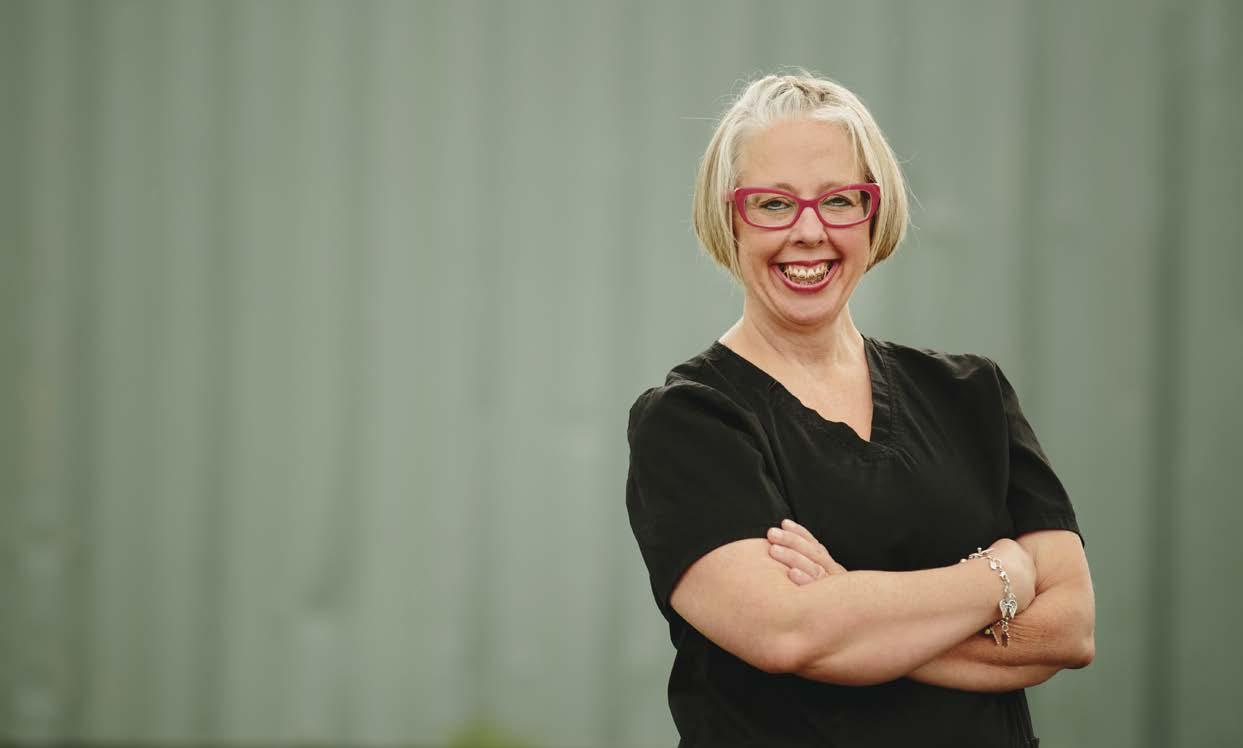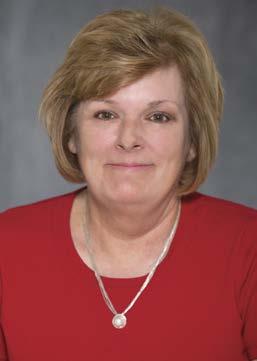
4 minute read
PASSING ORAL SAFE HARBOR How One Nurse’s Experience Changed the Law
By Tonya R. Poore, RN, BSN, CCRN, LP
How One Nurse’s Experience Changed the Law
AS NURSES, WE TAKE AN OATH TO DO NO HARM, and beyond that, we must be advocates for patient safety. Nursing is the most respected profession in the nation, and as professionals, we should not take the integrity and honor of being the most respected profession for granted.

Last year, at the 617-bed hospital where I perform sedation procedures in the radiology department, a patient with multiple comorbidities came in experiencing somnolence due to needing dialysis. The patient was severely acidotic before the procedure, and with the first round of sedation, the patient became increasingly drowsy and vitals started dropping. As CO2 rose and respiratory rate started to decrease, the doctor wanted me to give additional sedation. I refused, explaining my concerns. The doctor continued and completed the procedure.
After the procedure, I talked the team, and they agreed that it was a communication breakdown. Together, we found a solution to ensure everyone in the room is informed on the vitals I see during the procedure. However, my direct nursing charge nurse and the direct manager felt I should be reprimanded and wrote me up for not following a doctor’s orders. At the suggestion of human resources, I talked with the chief nursing officer (CNO) to have the write up reversed because I was advocating for patient safety. While the CNO was very supportive, she also educated me on the importance of enacting safe harbor and said I should ask for a peer review, which I did.
However, the problem with current safe harbor processes is the nurse has to print a form and speak to multiple people. It is not always feasible to stop to fill out the form because the patient may be sedated, critical, and or severely incapacitated, necessitating the nurse’s attention. In this situation, I would not have had the option to enact safe harbor due to the patient’s immediate needs.
During the peer review process, I gave my two-week’s notice. Ultimately, the peer review committee found that my actions were not reportable to the Board. However, the CNO decided to report me— overruling the peer review— because I left my employment. Overwhelmed, I contacted the American Association of Critical Care Nurses, the American Nurses Association and the Texas Nurses Association (TNA) about my situation. The support I received was absolutely outpouring.

Rep. Stephanie Klick
I wanted for this to never happen to another nurse, and I spoke to TNA several times, even as the Board of Nursing started their investigation. Recognizing the gap in protections for nurses, TNA started working to change the current practice for how nurses enact safe harbor. With the help of Rep. Stephanie Klick, HB 2410 was introduced to allow nurses to call safe harbor orally. The nurse supervisor would fill out the paperwork, and the nurse would be able to continue taking care of their patients without delaying care. The bill was signed by Governor Abbott and will be effective September 1, 2019. This new law is critical to safe nursing practice because it will protect nurses from retaliation if they, in good faith, refuse a doctor’s order because they feel that the order may endanger the patient.
I hope no one will ever have to experience the emotional anguish I went through after doing the right thing for a patient. After seven months of distress, I learned that the Texas Board of Nursing found my situation was not a reportable circumstance. When a nurse takes an oath to adhere to the nursing code of ethics, that means we advocate for patient safety even if it might destroy us professionally. Nursing is a gratifying career, and we must support one another and come together to continue to advocate for our patients. i
Tonya R Poore, RN, BSN, CCRN, LP, is a family nurse practitioner student at University of Mary Hardin-Baylor. She earned her Bachelor of Science in Nursing from University of Mary Hardin-Baylor. Tonya has earned her paramedic licensure and critical care certification, and she has worked in multiple areas in nursing including critical care, emergency care, flight nursing, general medical and surgical care, procedures, and home health. She is passionate about quality patient care and patient safety.

